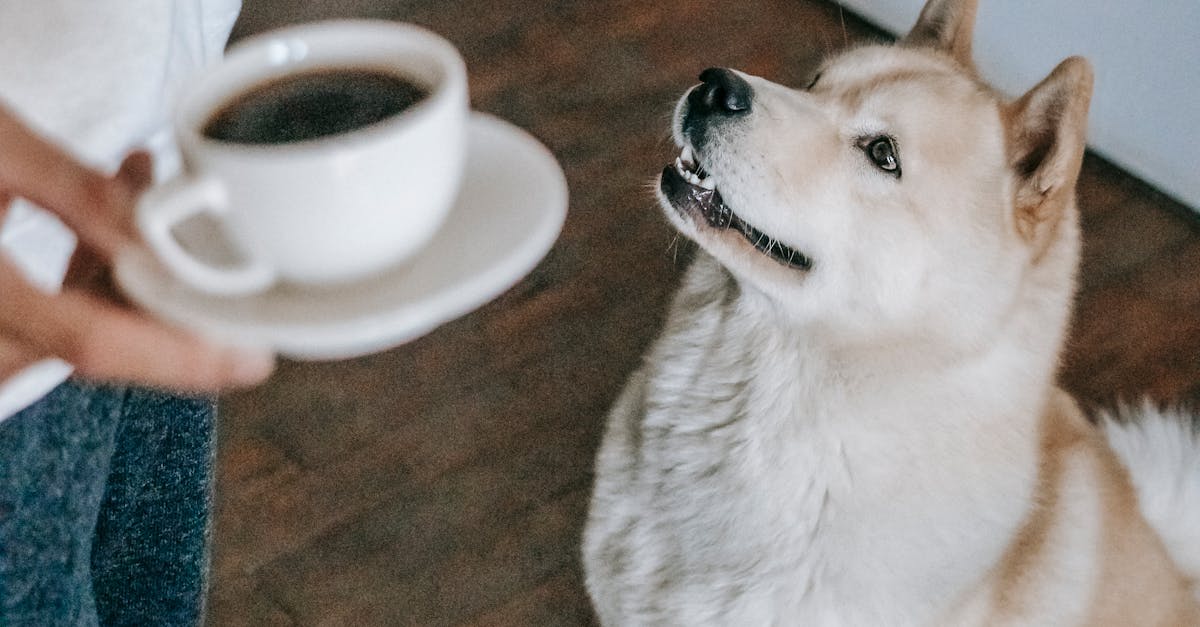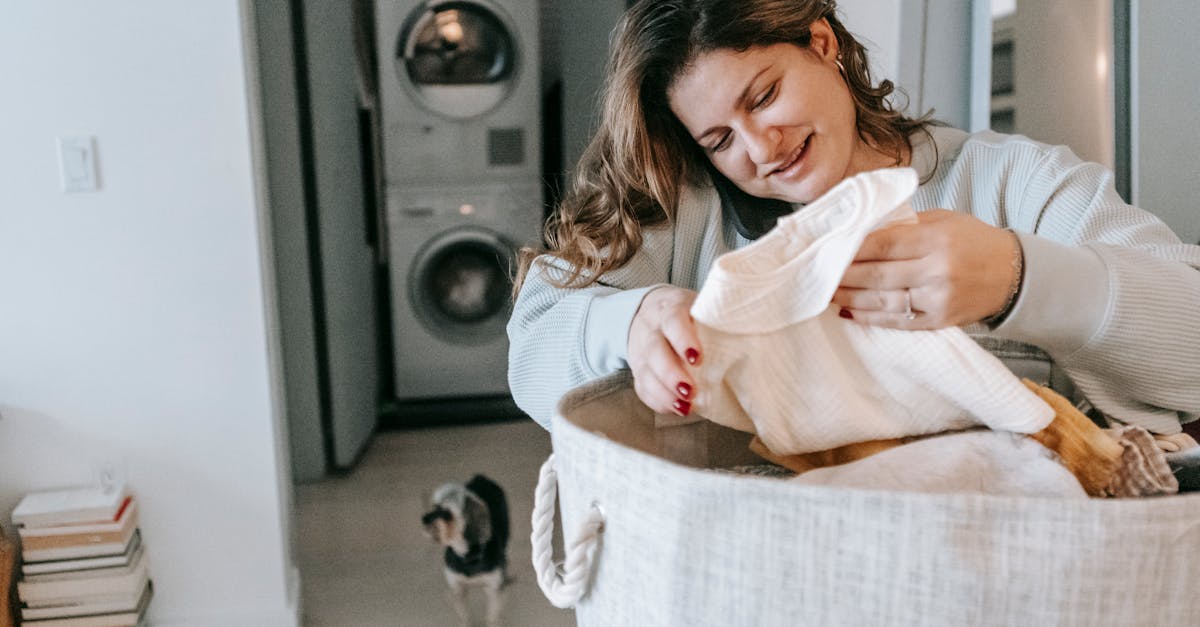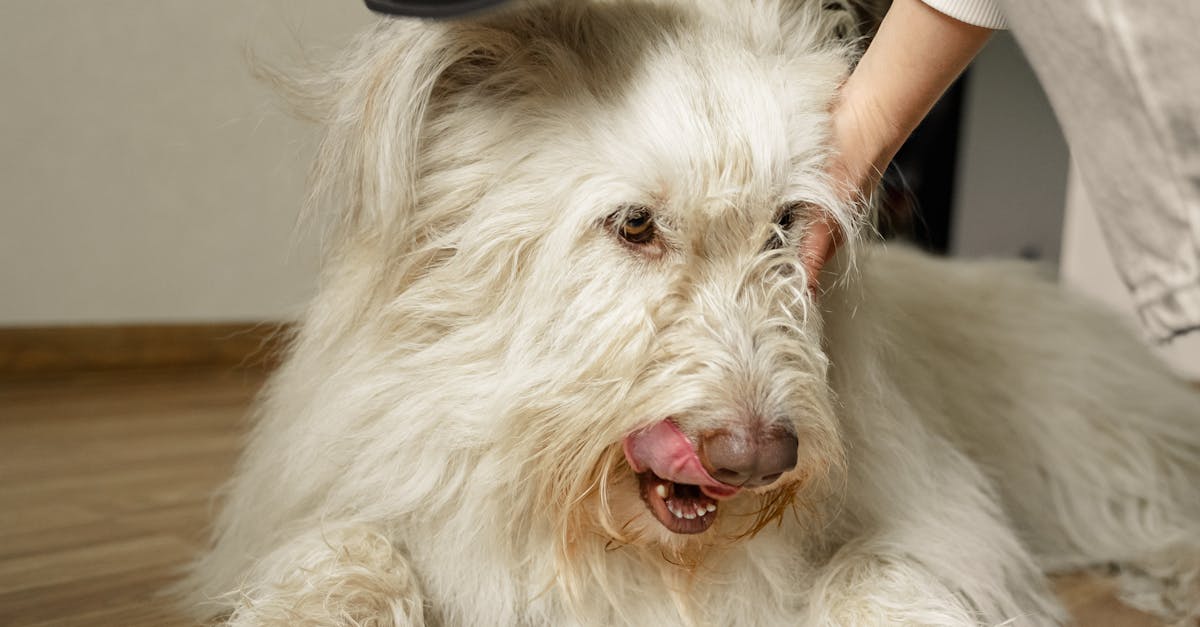The Unpleasant Welcome: Understanding Pet Odors
Ever wonder why some pet owners dread coming home? It’s not because they don’t love their furry friends, but rather, they’re met with an unpleasant welcome: pet odors. If you’re like me, you’ve probably experienced this too. Picture this: you walk into your home after a long day, and instead of being greeted by a fresh, clean scent, you’re hit with the unmistakable smell of your beloved pet. It’s clear that pet odors can be a significant issue, but what can we do about it?
Here’s a thought: pet odors are not just a minor inconvenience. They can be a source of embarrassment, especially when you have guests over. I’ve often wondered why these smells are so persistent and challenging to eliminate. From what I’ve seen, it’s not just about the pets themselves but also about how we manage our homes.
The Science Behind Pet Odors
Studies show that pet odors are primarily caused by organic compounds released through fur, saliva, urine, and feces. These compounds can cling to carpets, furniture, and even walls, creating a lingering smell. Interestingly enough, different pets produce different odors. For example, dog smells are often described as musty, while cat odors can be more ammonia-like due to their urine.
If I had to guess, the first step in tackling pet odors is understanding their source. It’s worth mentioning that some breeds are more prone to producing odors than others. For instance, dogs with oily coats or those that drool a lot can contribute more to the smell in your home.
My Personal Battle with Pet Odors
Here’s a quick story: I’ve always thought I had a handle on keeping my home clean, but something surprising happened when I adopted my dog, Max. Despite my best efforts, I couldn’t get rid of the pet smell. I tried everything: air fresheners, regular cleaning, even professional carpet cleaning services. Yet, the odor persisted.
Looking back, I realize I was missing a crucial element. It wasn’t just about masking the smell; it was about eliminating it at the source. I guess you could say I was desperate for a solution. That’s when I started researching and experimenting with different methods.
Effective Strategies to Combat Pet Odors
Regular Cleaning: The First Line of Defense
To put it simply, regular cleaning is essential. You might find this helpful: create a cleaning schedule that includes vacuuming, mopping, and washing pet bedding. Here are some tips that worked for me:
- Vacuum frequently: Pet hair and dander can accumulate quickly. Use a vacuum with a HEPA filter to trap these particles.
- Wash pet bedding: This might sound strange, but washing your pet’s bedding at least once a week can significantly reduce odors.
- Clean hard surfaces: Use pet-safe cleaning products to wipe down floors and furniture.
The Power of Baking Soda and Vinegar
Here’s a funny thing: I was just thinking about how my grandmother used to clean with baking soda and vinegar. It turns out, these natural ingredients are incredibly effective at neutralising pet odors. Sprinkle baking soda on carpets and let it sit for a few hours before vacuuming. For stubborn smells, mix equal parts vinegar and water and spray on affected areas.
Air Purifiers: A Breath of Fresh Air
If you ask me, investing in a good air purifier can make a world of difference. Air purifiers with activated carbon filters are particularly effective at removing pet odors. It’s interesting how something so simple can have such a significant impact on your home’s air quality.
The Role of Diet in Pet Odors
I’ve often wondered if what we feed our pets affects their smell. Interestingly enough, diet plays a crucial role. High-quality pet food can reduce the intensity of pet odors. Foods with fewer fillers and artificial ingredients result in less waste and, consequently, less smell. If you’re like me and want to tackle the problem from all angles, consider consulting your vet about the best diet for your pet.
Grooming: Keeping Your Pet Fresh
I for example didn’t realise the importance of regular grooming until I noticed a significant reduction in odors after Max’s grooming sessions. Here’s a story: Max used to hate baths, but with patience and the right products, he now enjoys them. Regular baths, brushing, and dental care can keep your pet smelling fresh and reduce the overall odor in your home.
Bathing Tips
- Use pet-specific shampoos: Human shampoos can irritate your pet’s skin and worsen odors.
- Brush regularly: Brushing removes loose fur and dander, which can contribute to smells.
- Clean ears and teeth: Ear infections and dental issues can produce strong odors.
Professional Help: When All Else Fails
If I had to guess, many pet owners hesitate to seek professional help due to cost concerns. However, professional cleaning services and groomers have the tools and expertise to tackle stubborn pet odors. From what I’ve seen, even a one-time deep cleaning can make a significant difference.
The Emotional Impact of Pet Odors
The reality is, pet odors can affect more than just your home’s cleanliness. They can impact your emotional well-being. I can’t help but think about how I used to feel embarrassed when friends visited. The constant worry about the smell can be stressful. It goes to show that finding a solution is not just about physical cleanliness but also about peace of mind.
Creating a Pet-Friendly, Odor-Free Home
Here’s a thought: creating a pet-friendly, odor-free home is possible with the right approach. You might relate to this: the love we have for our pets is unconditional, but that doesn’t mean we have to live with unpleasant smells. My experience has taught me that a combination of regular cleaning, proper diet, grooming, and sometimes professional help can make a significant difference.
Action Steps to Take
- Establish a cleaning routine: Regular vacuuming, mopping, and washing pet bedding.
- Use natural deodorizers: Baking soda and vinegar are your best friends.
- Invest in an air purifier: Look for one with an activated carbon filter.
- Consult your vet about diet: High-quality food can reduce odors.
- Groom your pet regularly: Baths, brushing, and dental care are essential.
- Consider professional services: Sometimes, a deep clean is necessary.
A Fresh Start
Looking back, I’d never have guessed that a few simple changes could make such a difference. It’s clear that tackling pet odors requires a multi-faceted approach. What I’ve noticed is that once you address the root causes, maintaining a fresh-smelling home becomes much easier.
If you’re like me and have struggled with pet odors, I hope you find these tips helpful. Remember, it’s not just about masking the smell but eliminating it at the source. With a little effort and the right strategies, you can enjoy the company of your furry friends without the unpleasant odors.
So, the next time you walk through your front door, you can breathe a sigh of relief, knowing that your home is as fresh and welcoming as it should be.










